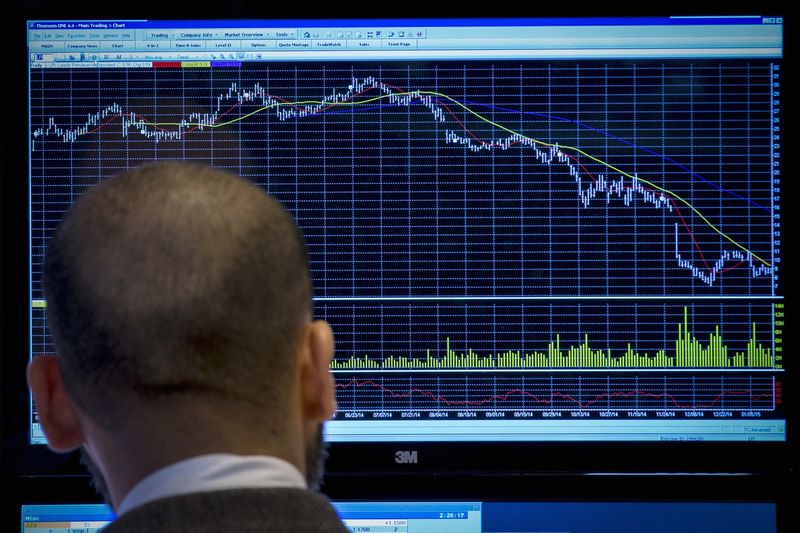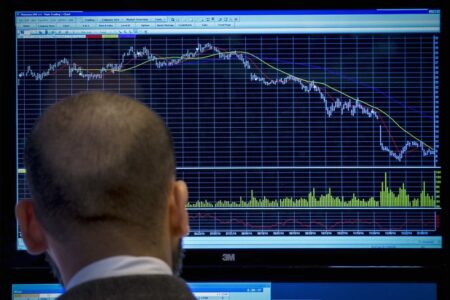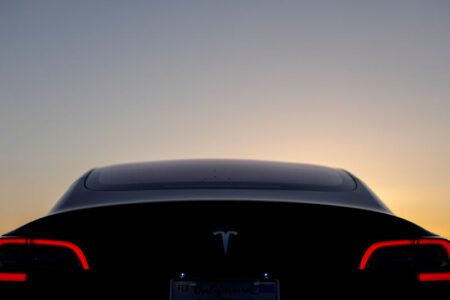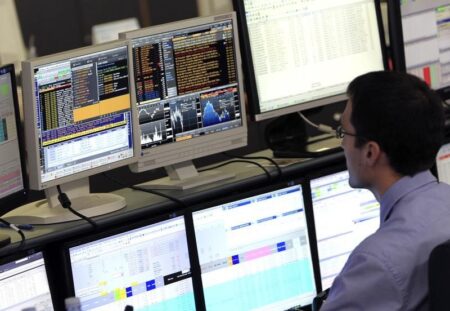By Andreas Rinke and Friederike Heine
(Reuters) -Germany wants “serious movement” from China on the issue of tariffs on imported electric vehicles and hopes that talks in the coming weeks can stave off an escalating trade conflict, a government spokesperson said on Friday.
Chancellor Olaf Scholz’s government is pushing for what it calls an “amicable” solution after the European Union threatened to impose swingeing anti-subsidy tariffs to shield European automakers from competition.
As Europe’s largest economy, Germany’s voice carries particular weight and its leading car manufacturers have vociferously opposed the EU tariffs, fearing retaliatory measures could harm their business in the vast Chinese market.
“It would be very desirable to come to an amicable solution, but it is also clear that serious movement is needed on the Chinese side,” the spokesperson said during a regular news conference.
Speaking at the same briefing, Germany’s economy ministry spokesperson said the EU must find a solution that conforms with World Trade Organisation norms.
Economy Minister Robert Habeck travels to China next week. His ministry said Habeck will not be involved in the tariff negotiations directly but push for fairer trade conditions during meetings with Chinese officials.
Bloomberg News on Friday reported Germany wants to prevent the car tariffs from coming into force or at least soften them, but German officials did not confirm this.
Europe’s auto industry had warned against imposing the tariffs, with German carmakers the most exposed to any counter moves as almost a third of their sales came from China in 2023, trade data shows.
Scholz’s spokesperson told a briefing earlier this week that an amicable solution was preferable to further trade barriers.
“We need to facilitate global trade,” he said.
RETALIATION THREAT
In a sign of escalation, Chinese firms have formally applied for an anti-dumping probe into pork imports from the EU, the state-backed Global Times reported.
The threatened Chinese countermove on EU pork opens a new front in bilateral strains in one of the world’s key trading relationships but may be seen as less punitive on Berlin.
“China’s investigation on EU pork can be interpreted as a specific choice to avoid hurting Germany, which is helping to prevent or soften EU tariffs. Spain and France, which are major pork suppliers, were pro-tariffs,” said Chim Lee, senior China analyst at the Economist Intelligence Unit.
Fears of escalating trade tensions have hit Europe as countries are still recovering from the economic shocks from the pandemic, higher inflation and interest rates and an energy crisis after the 2022 Russian invasion of Ukraine.
Germany has trodden a fine line with Beijing, wanting to “de-risk” its economy from relying too heavily on China but at the same time pushing for greater market access for its own firms.
Read the full article here
















